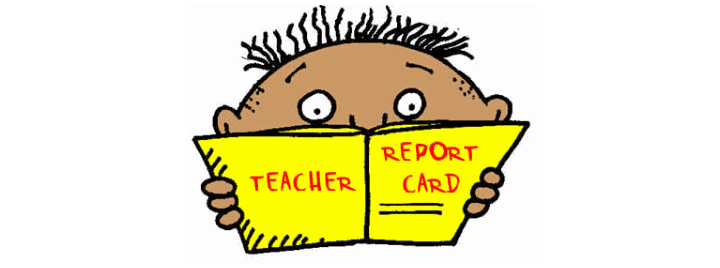The end of the first marking period can ignite feelings of accomplishment and pride. It is a time for students to see that their efforts have led to success and an opportunity to set goals for the coming months. On the other hand, this first marking period can also lead to feelings of disappointment, frustration and anxiety if the grades are less than expected or desired. As a result, this can be a time for meaningful conversations between student, teacher and parents and to create concrete plans for a new start to the second marking period. Students must feel supported in their educational journey and continue to keep a positive outlook on their schooling. Working with a tutor is one way to help students through their school year. Tutors give students that moment to “breathe” and ask the questions they didn’t get to ask in school. Tutoring can lead to higher self-esteem, concrete strategies for individualized learning styles and improvement in grades. It is never too late to get support and LS Tutors has a team of certified teachers ready to help!
Report Cards: Advice for Parents
A child’s report card can bring feelings of joy, excitement, and pride; it can also cause concern, frustration, and uncertainty. In either case, the reporting period marks a new beginning to set goals and reflect on past work habits, achievements, and hardships. Most important, it is a time for you to communicate with your children and determine a path for future academic enrichment and social-emotional growth.
Focus on the Positive
Regardless of the grades your child brings home, you must first focus on positive aspects of the report. This is not always an easy task. For some, this might mean highlighting a strong effort or citizenship grade, or praising an academic accomplishment or a perfect attendance record. Starting on a positive note shows your child that you truly care about the accomplishments, not only areas that need improvement.
Ask the Right Questions
Be careful not to overreact to low grades, or grades you view to be unsatisfactory. Instead, use this time to look at past performance and plan for the future. Talk to your child, asking questions to understand how a particular grade was earned:
- Was the work too difficult?
- Could the pace of the class be inappropriate (too fast, so that your child feels “lost,” or too slow, causing your child to feel “bored”)?
- Does your child complete all homework and ask questions when problems arise?
The answers you receive might indicate a need to review your child’s study habits. Determine whether or not your child is recording all assignments and bringing home all materials necessary to complete them.
- Does your child have a specific nightly homework time (Sunday through Thursday) when he cannot be disturbed? If not, this would be a great time to establish one! If so, is it long enough?
- Does your child have a specific place to study where resources (including someone to answer questions) are available and distractions are minimized?
- Is your child completing all homework on a nightly basis, or are assignments being turned in late, or not at all? Once you have determined the problem, you can begin to create a solution.
The Next Step
Creating a plan to maximize future academic success is an important part of every child’s education. Help your child set realistic and attainable goals for the next reporting period. Outline ways in which these goals can be met, as well as rewards and consequences if they are not. Type the “official plan” and post one copy in a prominent household location, another in your child’s binder, and forward another to her teacher. Involving your child gives her ownership and importance in this process, and this makes the report card important not only to you, but also to your child.
As parents and teachers, we want the best for children, but in too many cases this is measured only by the number of A’s and B’s brought home. Emphasize to your child the importance of doing the very best job that he can. Encourage him to succeed, and measure his progress in realistic terms, letting him know that you care and are available to help. Break tasks into small steps, so that even the youngest child can measure her growth, and the most advanced child can monitor her progress. By reviewing the report card, and developing a plan for the future, you will help your child find the road to success.
source: teachervision.com
***Do you have an MCPS student?
Click here to access the MCPS webpage about Curriculum 2.0 standards-based grading system***
Here is a great article from the Washington Post by Lisa Heffernan – October 13, 2014
Learn From My Mistakes: What I Wish I had Done to Get More Out of Parent-Teacher Conferences

